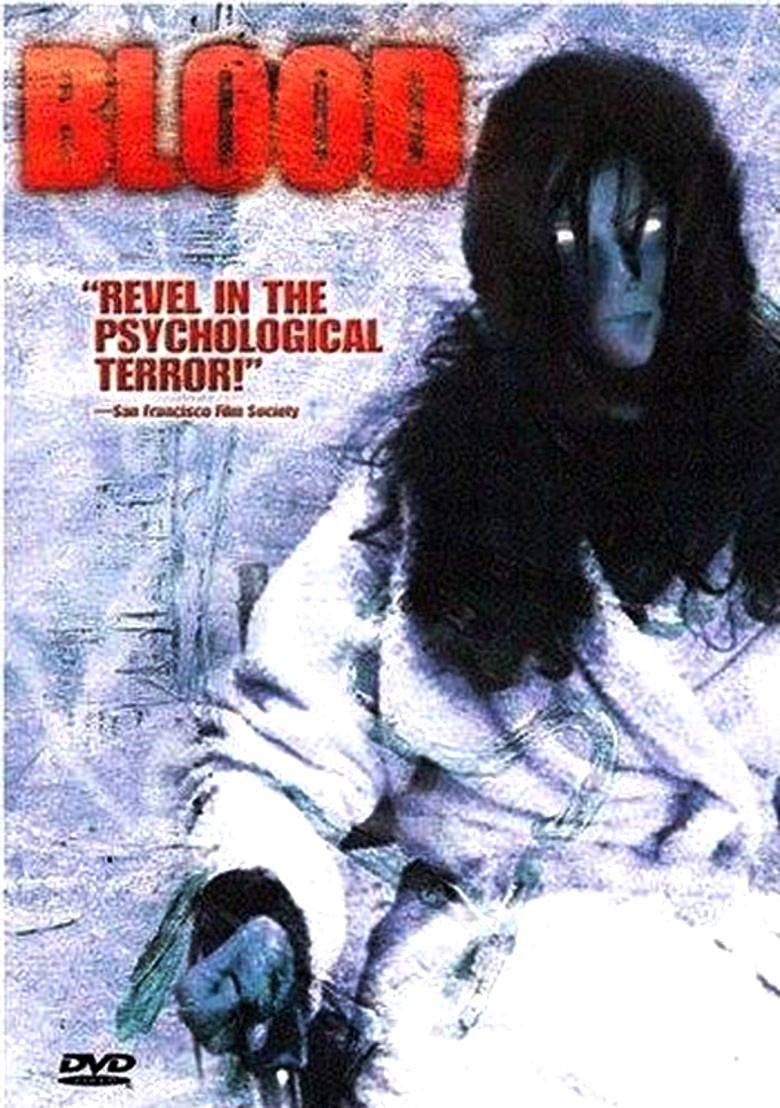UK. 2000.
Crew
Director/Screenplay – Charly Cantor, Producer – Simon Markham, Photography – Katie Swain, Music – Vince Clarke, Digital Effects – The Computer Film Co, Prosthetic Effects – Stuart Conran, Production Design – Harold Chapman. Production Company – Omni International/Yorkshire Media Production Agency/Loud Mouse Productions.
Cast
Adrian Rawlins (Dr Carl Dyson), Lee Blakemore (Lix), Phil Cornwell (Doug), Elizabeth Marmur (Heather Dyson), Nicholas Harvey (Jack Dyson), Paul Herzberg (Don), Michael McKell (Guy)
Plot
Twenty years ago, Carl Dyson headed Project Elixir, which genetically engineered a young girl, Lix, in the hope of producing a person whose bloodstream held the universal panacea to all human ills. Instead, they produced someone whose blood was a highly addictive narcotic. In the present-day, Dyson, now a successful author, engineers a rescue of Lix who is being held prisoner by addicts hooked on her blood. Dyson puts the rescued Lix up in his home but is soon tempted to try her blood himself and becomes addicted. His wife finds them and moves out disgusted, whereupon he and Lix become lovers. However, every time that someone drinks from her blood, Lix needs to replenish nine times the amount and soon the two are forced into hijacking blood vans and killing in order to feed their mutual need.
In its opening moments, Blood bewilderingly plunges the audience into the midst of a rescue scene conducted in a series of incomprehensible Yorkshire accents. It is almost impossible to follow what is going on and one has no idea what they have sat down to watch. However, once Blood settles down, it soon develops into one of the most vivid and remarkable overhauls of the vampire myth conducted in recent years.
In Blood‘s revamping, vampirism is a metaphor for drug addiction. However, in a reversal of the usual co-dependency in vampire movies, it is the humans who become hooked on the vampire’s blood, rather than vice versa. Director/screenwriter Charly Cantor logically extrapolates the story from this one simple reversal and the ingenuity and the vividity with which the idea is conducted makes Blood a remarkable film.
The film is conducted with quiet and understated approach. It gains enormous effect simply from contrasting the story against Midlands countryside and a normal everyday marriage (one where Elizabeth Marmur gives a fine performance as the wife). It is the way the film progresses from mannered quietness to the riveting – from the sudden hushed stillness when Adrian Rawlins first suggests sampling Lee Blakemore’s blood, eventually culminating in the startling scene where we see them in bed having sex with Blakemore on top and blood from a gash in her throat pouring directly down into his mouth.
Adrian Rawlins gives a fine performance – there is an excellent scene where he gives a lecture and, in a single shot that goes on for several minutes, slowly dissolves into disconnected ramblings and we, for the first time, see just show how far he has succumbed. Lee Blakemore’s performance seems disappointingly shy and hidden – she says little throughout and the character remains an oblique blank.
It is always refreshing when a film takes the challenge of not merely parroting or parodying vampirism and its usual metaphors (repressed sexuality, social outsiders) – but of making something new from it, something only a handful of films – Martin (1976), The Addiction (1995) – have succeeded in doing.
(Nominee Best Original Screenplay at this site’s Best of 2000 Awards).


